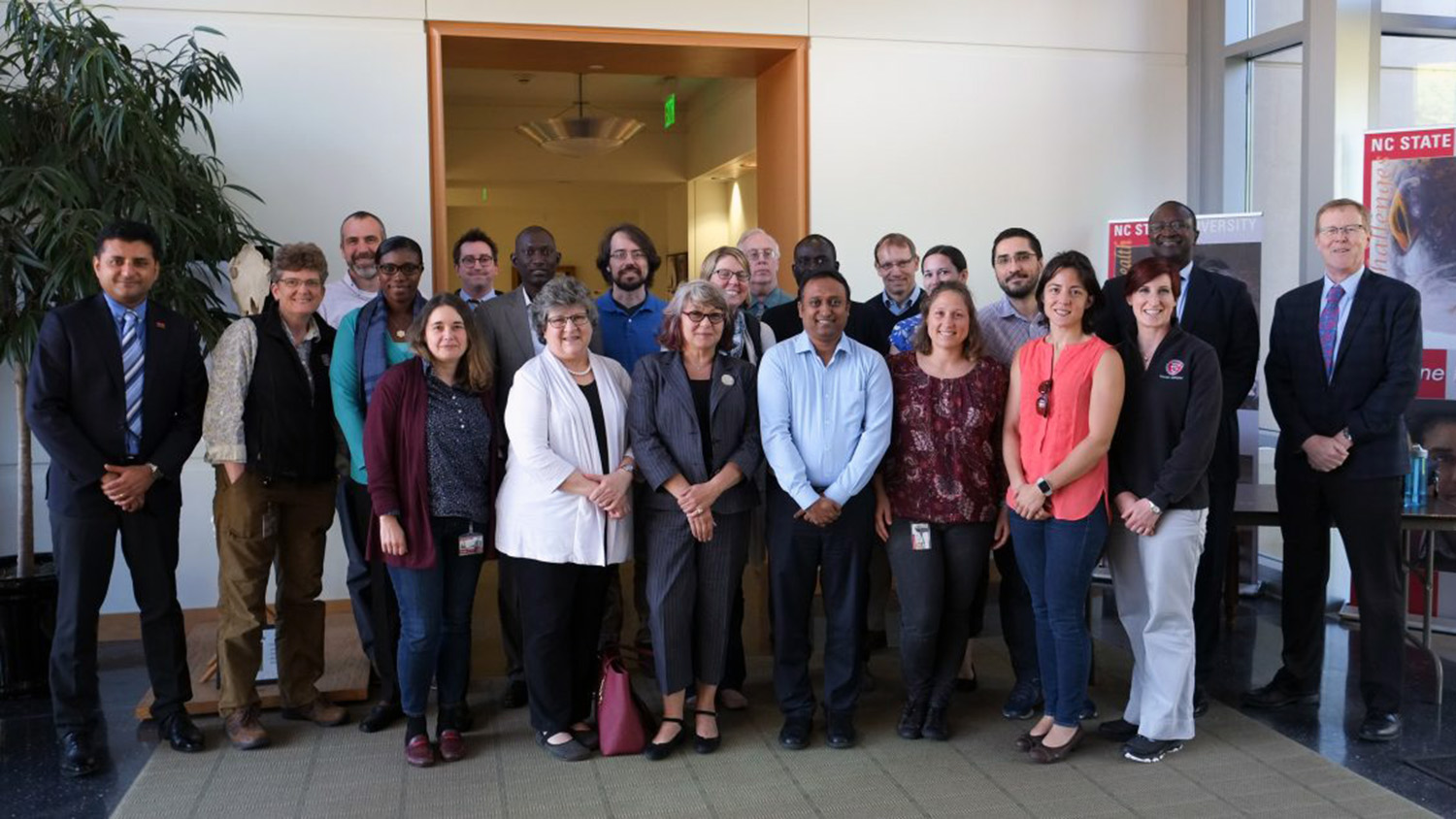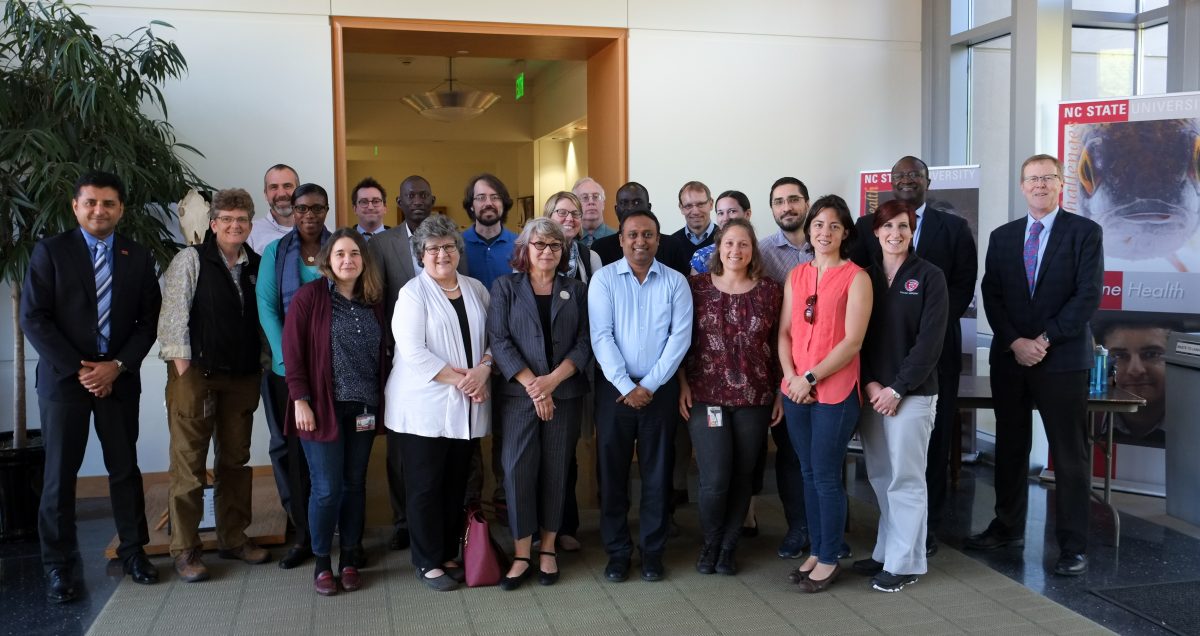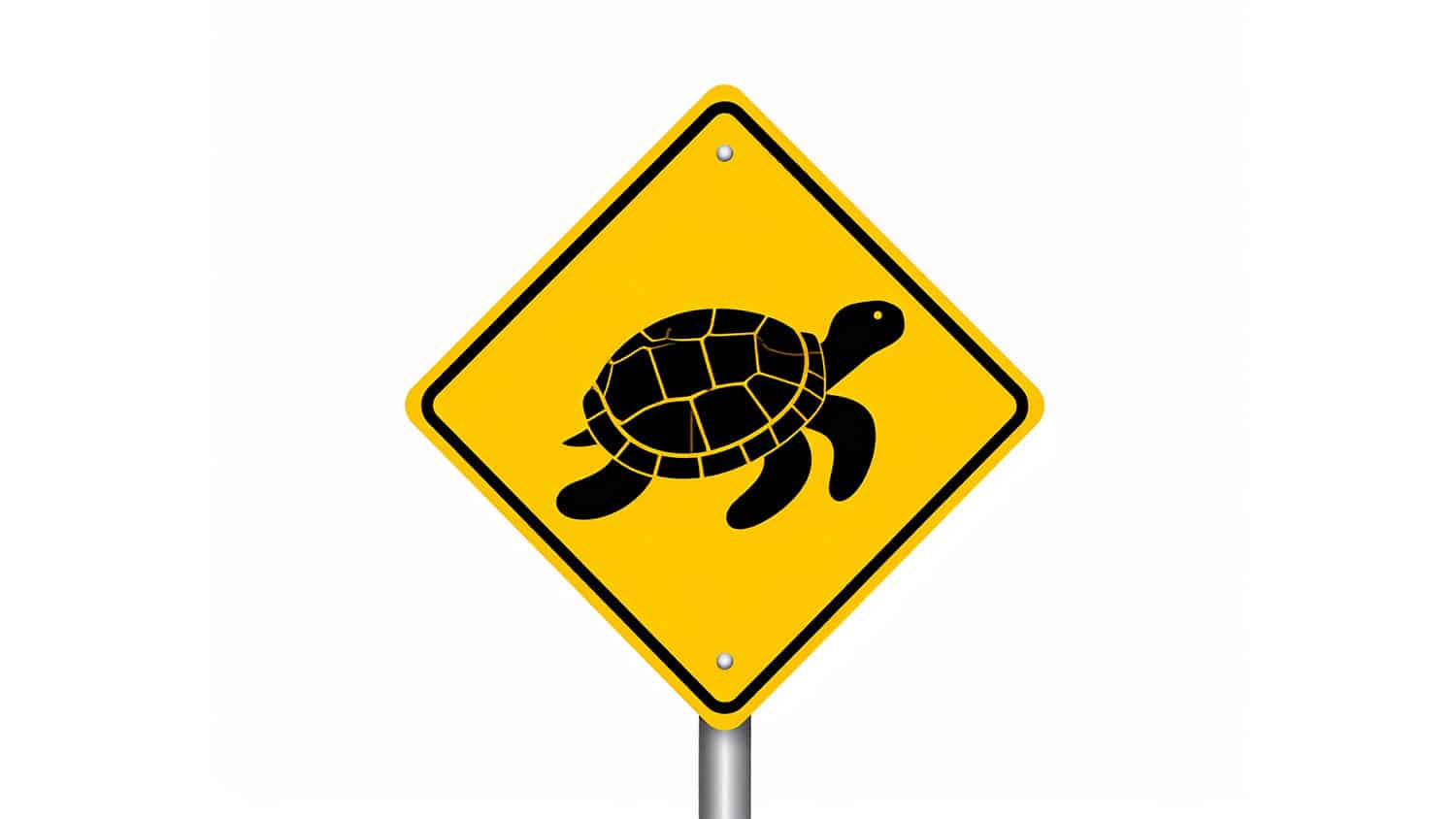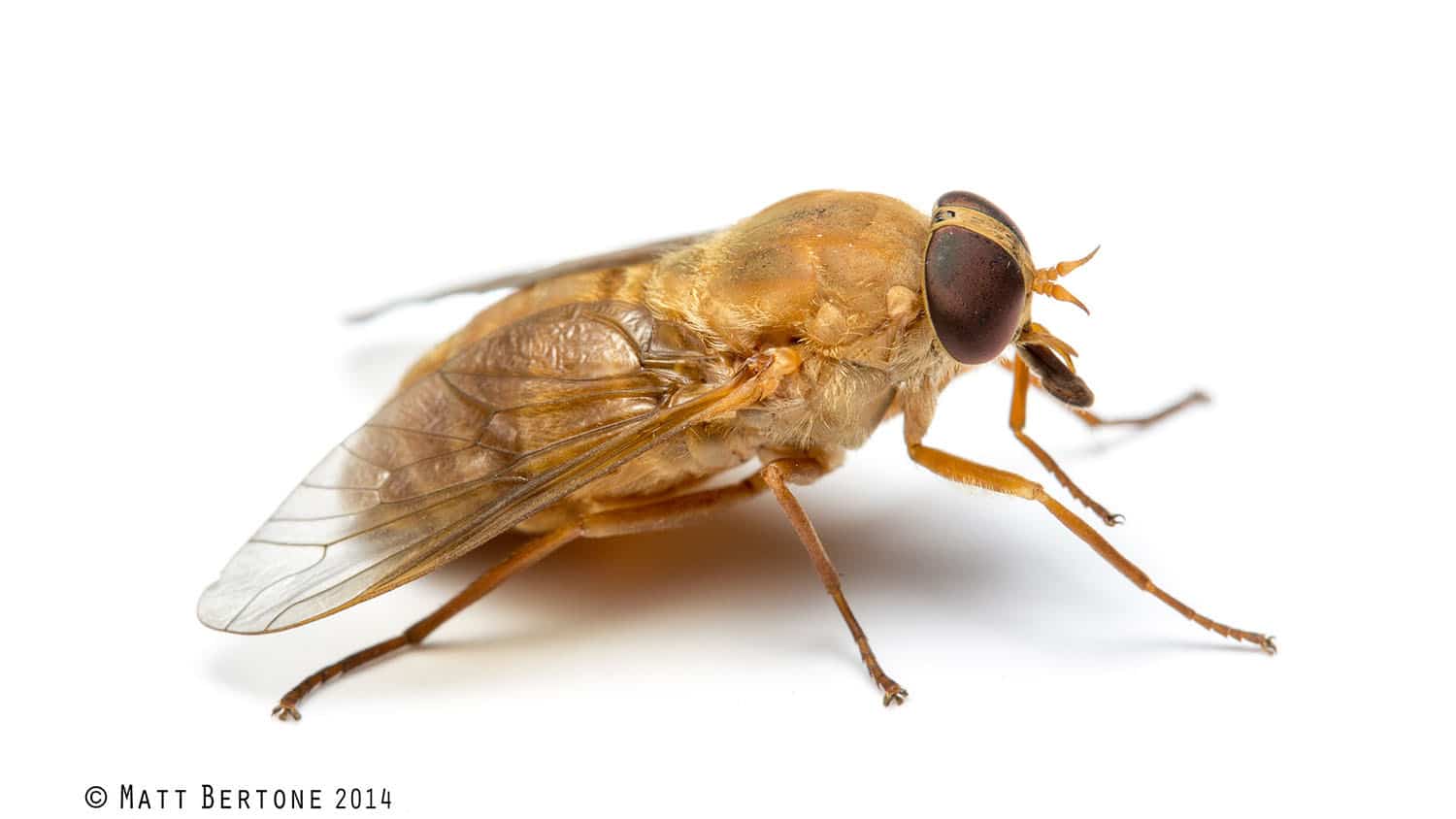Fighting Infectious Disease: CVM Partners With Senegal Research Institute


The NC State College of Veterinary Medicine’s global health program is partnering with the Institut Pasteur Dakar in Senegal to advance infectious disease research in West Africa.
To launch the partnership, CVM hosted a three-day workshop in April and identified strategies for expanding Senegal’s specialized research workforce through collaborative research and training programs. CVM faculty and IPD researchers also discussed Senegal’s major infectious disease threats and their own long-term research goals.
“The workshop was an opportunity for all of us to get to know each other and figure out how we can unite our strengths to maximize our impact,” said Sid Thakur, director of global health at CVM.
“Through this workshop we discovered that one of Senegal’s main priorities is diarrheal disease, which aligns perfectly with our strengths at the CVM,” said Thakur.
To advance diarrheal disease research in Senegal, CVM and IPD will support pilot research projects led by faculty from both institutions. The two institutions are also developing training programs for students and professional researchers in Dakar to teach specialist laboratory and professional development skills.
“Senegal, like all sub-Saharan African countries, has many infectious diseases that constitute an important public health concern,” said Yakhya Dieye, a virologist from IPD. “However, there is a lack of senior investigators to train young scientists and develop sound research programs that will help address these concerns.”
Diarrhea is one of the leading causes of child mortality today, and the burden is particularly high in sub-Saharan Africa. Globally, diarrhea affects almost 1.7 billion children each year, causing more than 2,000 childhood deaths per day – the daily equivalent of 32 school buses of children. In sub-Saharan countries like Senegal, sanitation and food safety challenges, sharp increases in population densities and intensive animal farming increase the impact and spread of diarrheal disease.
Based in Dakar, Senegal’s capital, IPD is a nonprofit organization jointly managed by the Senegalese government and the Pasteur Institute in Paris. The institute serves as a major biomedical research center for West Africa, tackling public health challenges ranging from malaria to virus outbreaks.
IPD’s major research strength is virology; the institute is a World Health Organization collaborating center for viral disease, and the director of the institute, Amadou Alpha Sall, is a virology and public health expert.
“Much of our expertise lies in viral diseases like Zika and yellow fever, but our new goal is to expand our focus to diarrhea, because it is one of the number one killers in our country,” said Sall. “We want to partner with CVM faculty because their expertise in specific research areas will help us build a foundation for sustainable research, and train our students and researchers in practical techniques.”
IPD is well-equipped to study viruses such as rotavirus, one of the main causes of fatal childhood diarrhea worldwide. However, other major causes of diarrhea include bacteria such as E. coli and Salmonella, which thrive in the bloodstream and intestines and can be passed to humans from infected food or animals. Although antibiotics are effective treatments for bacterial diarrhea, the rising prevalence of resistance to antibiotics around the world is making diarrhea increasingly difficult to treat.
CVM is home world-leading experts in fields relevant to diarrheal disease research, including livestock and public health, zoonotic diseases (which transfer from animals to humans), gastrointestinal biology and antimicrobial resistance. The partnership could uncover important information about bacterial diarrhea in Senegal and eventually help IPD researchers reduce the impact of this major health threat.
“It was an absolute pleasure to welcome our colleagues from Senegal to NC State,” said CVM Dean Paul Lunn. “It’s clear we have major areas of overlapping interests and expertise that could be leveraged to achieve something really impactful for the people and animals in West Africa.”
– Greer Arthur, Global Health Program Specialist
This post was originally published in CVM Global Health Program.
- Categories:


